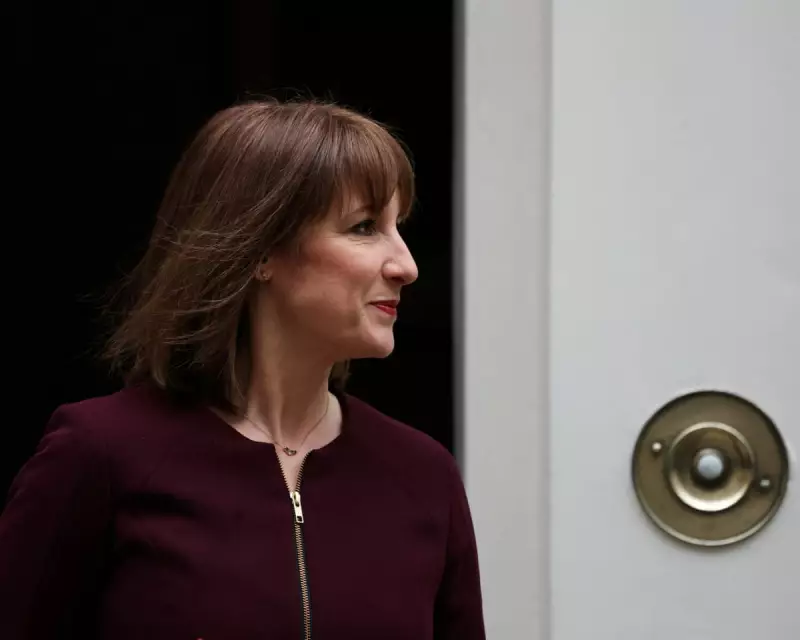
In a dramatic Commons statement that sent shockwaves through financial markets, Chancellor Rachel Reeves has delivered a sobering message to the nation: tax rises are no longer a matter of if, but when and how much.
The Inevitable Truth: Britain's Fiscal Reality Check
The Chancellor painted a bleak picture of Britain's economic landscape, revealing that government borrowing has surged to alarming levels while the pound continues its worrying decline against major currencies. This perfect storm of economic pressures has left the Treasury with few palatable options.
What Prompted This Fiscal U-Turn?
Reeves pointed to several critical factors forcing her hand:
- Government borrowing costs reaching unsustainable levels
- A weakening pound increasing import expenses
- Persistent economic instability following global market turbulence
- Pressure to maintain vital public services amid rising costs
Market Reaction: Sterling Stumbles
Even before the Chancellor finished speaking, financial markets began reacting. The pound fell sharply against both the dollar and euro, while UK government bonds faced renewed selling pressure. This immediate market response underscores the fragility of Britain's economic position.
What This Means for British Households
While Reeves stopped short of detailing specific tax measures, analysts predict several likely outcomes:
- Income tax adjustments for higher earners
- Potential reforms to capital gains and inheritance taxes
- Possible increases in business taxation
- Review of various tax reliefs and allowances
The Chancellor emphasised that protecting the most vulnerable would remain a priority, but acknowledged that "tough choices" lie ahead for all segments of society.
The Political Fallout
Opposition parties were quick to condemn the announcement, with critics accusing the government of breaking election promises. However, supporters argue that Reeves is simply confronting economic realities that previous administrations had ignored.
As Britain braces for the detailed budget announcement in the coming weeks, one thing is clear: the era of easy fiscal choices has ended, and the British public must prepare for a new economic reality.





